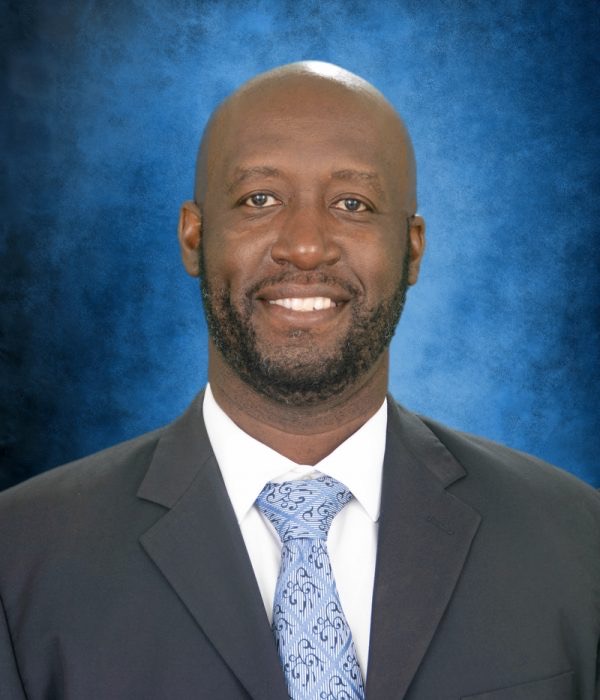Five unemployed people are competing for every job opening in the country, according to the U.S. Department of Labor. At the beginning of the recession in December 2007, there were less than two people vying for each vacancy.
With more candidates going head-to-head for jobs, organizations can be very selective in finding the ideal employee – someone who fits all of the position’s qualifications or even goes beyond the requirements.
How can talented workers stand out from the competition?
“More than ever, job seekers need to proactively manage their job search with precision and focus to help them stand out from others,” says Mark Gasche, vice president of career services for Colorado Technical University, a leading provider of education for career-motivated students. “It’s all about targeting your search, doing your homework, and leaving the best impression – on paper and in person.”
For those looking for smarter and more effective ways to differentiate themselves in a challenging job market where supply continues to outstrip demand, Gasche offers these tips:
* Customize every cover letter and resume. When it comes to a cover letter and resume, one size doesn’t fit all. Job postings always include specific qualifications or responsibilities. A cover letter should be just as specific (and error-free), with each job requirement addressed point by point with your relevant experience and skills.
Recruiters and human resources professionals can quickly weed out cover letters and resumes that are generic versus those in which applicants took the time to thoughtfully demonstrate how they meet the criteria. In many cases, you’ll need to apply via an online database, where there’s a lower likelihood of being identified through this electronic screening process. Increase your chances by being resourceful and proactive in finding and applying directly to people who have the power to hire you.
* Take five: Get to know the organization from the inside out. Beyond researching the organization on the Internet, conduct five brief interviews with current employees at the company. You can find them through your social networking channels, referrals or colleagues. Ask them about the corporate culture and what it means to be an effective employee at their organization. This will give you valuable insights into the company, helping you personalize both your cover letter and resume while being better prepared than most candidates for a future interview.
* Nail the interview. Your preparation doesn’t stop when you land an interview. In interviewing and coaching hundreds of job applicants, Gasche says the questions that candidates ask – or don’t ask – demonstrate their level of enthusiasm and initiative.
“Your questions during an interview reveal how well you’re prepared and how much you sincerely want the position,” Gasche says. “You should run out of time in the interview before you run out of questions.”
A good question for interviewees to ask: What does success look like in this position and how will it be measured over time? Other questions should dig deeper into topics discussed during the interview, a direct reflection of your listening skills and level of engagement in the conversation.
* Identify and fill education gaps. During the job search, networking and interview processes, you may discover that further education is needed for your chosen profession or that you want to pursue new career opportunities that go beyond your current skill set. This may lead you to weigh the time, costs and benefits of going back to school. If so, one option to consider is attending a career-focused college such as Colorado Technical University, which offers online classes that make higher education accessible anytime and anywhere for those juggling work, family commitments and managing a career.
* Turn a negative into a positive. If you’re not hired after an interview, consider it an opportunity to follow up with the interviewer and seek constructive feedback to apply to your ongoing job search. Ask if he or she is open to providing any advice on what you can do to improve – whether on your resume, interview techniques or overall skills. It also gives you the chance to show your continued interest in the organization should further positions arise.
